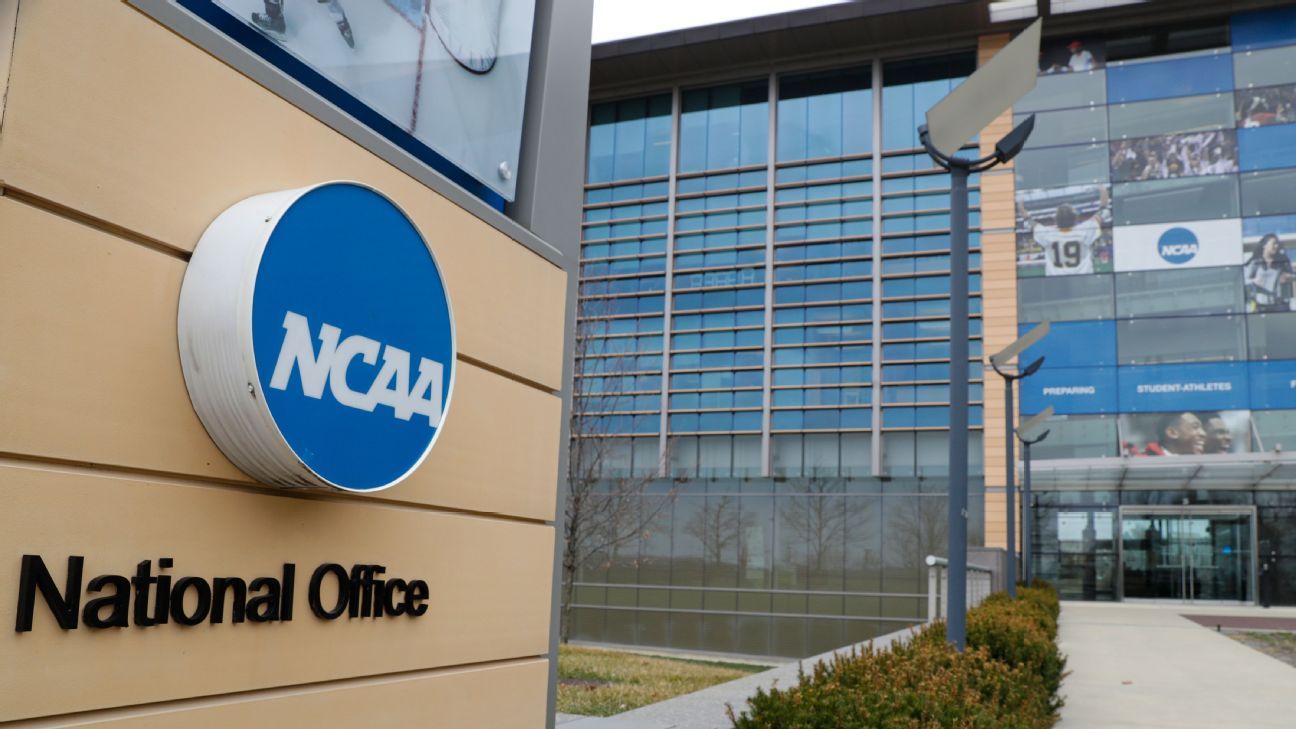NCAA Power Shift: Big Conferences Gain Major Control Over Governance

The National Collegiate Athletic Association (NCAA) is undergoing a significant transformation, with a new governance policy poised to dramatically shift power towards the country's four biggest college sports conferences: the SEC, Big Ten, Big 12, and Pac-12. Approved on Tuesday, these sweeping changes aim to streamline NCAA operations, but critics argue they will further solidify the dominance of these athletic powerhouses.
What’s Changing? Previously, the NCAA operated under a system where decisions were made through a complex committee structure involving representatives from various conferences and institutions. Now, for a rule to pass, it will require the support of all four major conferences, or a coalition including at least one smaller conference. This effectively gives the “Power Four” a veto power over most NCAA decisions.
The Rationale Behind the Reform: The NCAA argues this restructuring is necessary to improve efficiency and responsiveness. The organization has faced criticism for slow decision-making and a lack of agility in addressing evolving challenges in college sports, such as name, image, and likeness (NIL) deals and the transfer portal. By concentrating decision-making power, the NCAA hopes to react more quickly to these changes and ensure that rules are more consistently applied.
Concerns and Criticisms: The new policy hasn’t been met with universal praise. Many smaller conferences and institutions worry that their voices will be drowned out, leading to rules that primarily benefit the larger, wealthier programs. There's a fear that this will exacerbate the existing disparities in college sports, creating an even greater divide between the “haves” and the “have-nots.” Critics argue that the NCAA is essentially formalizing a system where the biggest conferences already wield significant influence.
The Impact on Student-Athletes: The ultimate question is how these changes will impact student-athletes. While the NCAA claims the reforms will create a more stable and predictable environment, some believe it could lead to policies that prioritize the interests of universities and conferences over the well-being of athletes. The potential for increased financial incentives and competitive advantages for elite programs could further complicate the landscape for student-athletes trying to balance academics and athletics.
Looking Ahead: The implementation of this new governance policy will be closely watched. It remains to be seen whether it will truly streamline the NCAA or simply cement the power of the major conferences. The future of college sports, and the role of the NCAA, hangs in the balance as this new era unfolds. Expect ongoing debate and potential legal challenges as the system adjusts to these significant changes.
The changes are a clear indication of the ongoing evolution of college sports, driven by financial pressures, media rights deals, and the changing landscape of amateurism. The NCAA's ability to adapt and remain relevant will depend on its ability to address the concerns of all stakeholders, not just the most powerful conferences.






